8 Time Management Tips for a More Productive YOU
We’ve all been there. You wake up ready to seize the day, expecting to complete every task and check it off your list, only to realize that the day has escaped you. You’re left feeling a bit unaccomplished and overwhelmed. Now other daily responsibilities need your attention, while you’ve barely made a dent in today’s list of what you wanted to get done.
While you can’t control the unexpected things that may come up during your day (and they will!), you CAN structure things in a way to give yourself a good head start toward having a productive day.
Try these personal time management tips to decrease your stress and improve your overall productivity.
Prepare for your day
You’ve heard it before. Planning is half the battle. Take the time to write your to-do list for the next day. Doing this either at the end of your work day, or as part of your evening wind-down routine, is a great way to start off on the right foot in the morning. You may actually sleep better knowing this step is done…that you have a plan to follow from the start of your day. No matter what format you choose, your to-do list is an important guide that provides structure to help you be successful in completing your expected tasks.
Prioritize what you want to get done
Schedule your time appropriately. Take a look at your current schedule or routine for getting things done. Ask yourself “What do I have to do today? There are some great, ready-made pintables on sites to help you with goal setting and tracking your daily to-dos. Whether you use a handwritten list or a template, try to simplify list making when it comes to daily tasks and completing necessary projects. Having a way to track your progress toward your goals can further motivate and inspire you.
Plan ahead. Have what you need when you need it
To be organized, we have to first get organized. Carve out some separate time to declutter your space wherever possible. Get in the habit of putting things back where they belong (and teach others to do the same) so you don’t have to waste valuable time looking for the necessary objects to complete your tasks. Create a system that works for you to organize belongings in a sensible manner. Striving to have a clean work area that is free of clutter can only help with maintaining your focus on the task at hand.
Compartmentalize whenever possible
It can really be a timesaver to group similar tasks together in a way that makes the most sense to you. Doing this can help to optimize your efficiency for getting things accomplished. An example of this would be to set a block of time for making calls, answering emails, doing household chores, etc. Compartmentalizing tasks can help you to better focus on the task you are trying to complete. It can be tricky, but also try to avoid the urge to multitask, which can be distracting and affect your overall productivity.
Do difficult tasks when at your best
Our minds are often sharper earlier in the day, but everyone is different. Some people work better at night, so follow your natural rhythm and tackle those jobs that require the most brain power at your best time during the day. Recognize that sleep, nutrition, stress, and managing other aspects of healthy living play an important role in our ability to focus. Practicing healthy habits can further support our ability to manage our time and get things done efficiently.
Share responsibilities with others
When it comes to doing all that you need to do in a day, delegate where you can. Whether it be family chores, meal preparation, organizing individual rooms, or other tasks, allow others to help take care of what needs to be done. Breaking up responsibilities not only eases your load, but fosters independent functioning. Don’t be afraid to say “no” if you are prone to taking on more than you can handle. Be sure that your workload is realistic, whether it be at home or your job.
Have time each day just for you
In the midst of all you have to do in a day, plan for some “me time”. Taking small breaks throughout the day between tasks can be enough to recharge your batteries to keep going. Even if you only have 15 minute increments in your day to stretch or enjoy a cup of your favorite tea, be sure to schedule them in. These small rewards give you something to look forward to and can help you to reset. This way you don’t get resentful and can stay better motivated. You can also plan and schedule bigger rewards on the calendar to support you in completing your goals.
Have an awareness of perfectionism and balance
Effective time management relies on improved organization that results in increased productivity while hopefully decreasing stress. When perfectionism is at play, we tend to put off starting a task and/or we take much longer to complete the task. Maintaining realistic expectations and finding balance can go a long way to promote your success. Try to break down projects into manageable steps to complete. This helps you to more quickly see your progress, which further empowers you to achieve your goals.
Written By: Patty Canton
